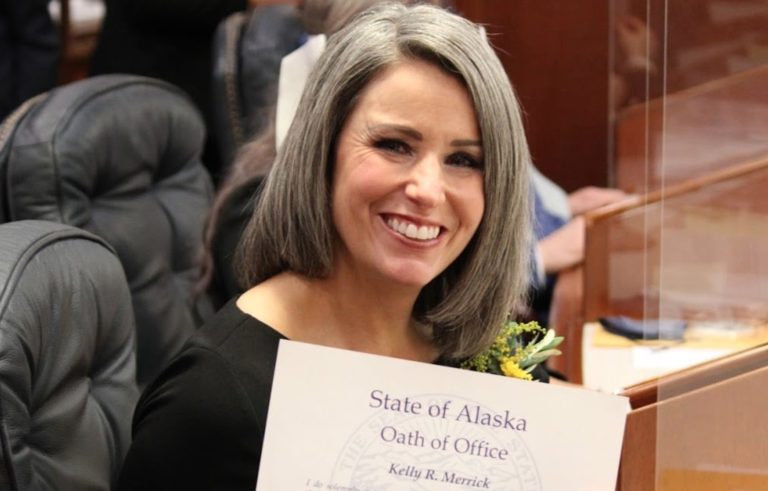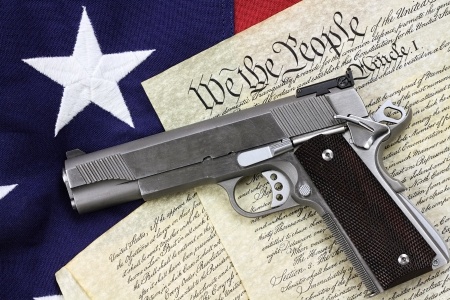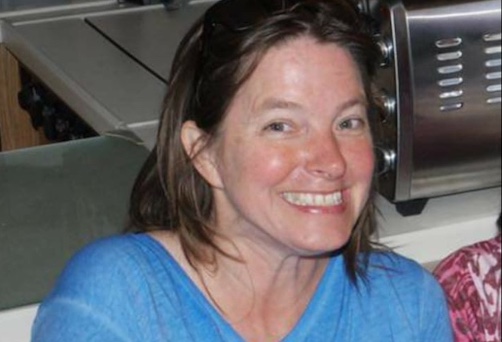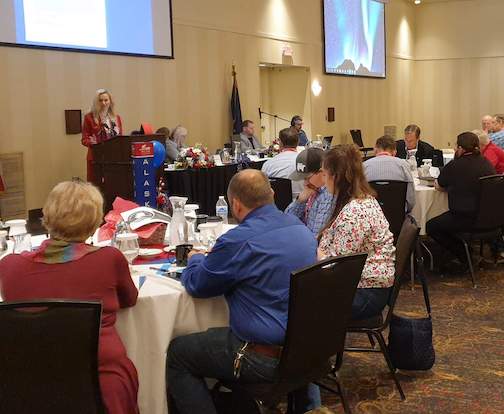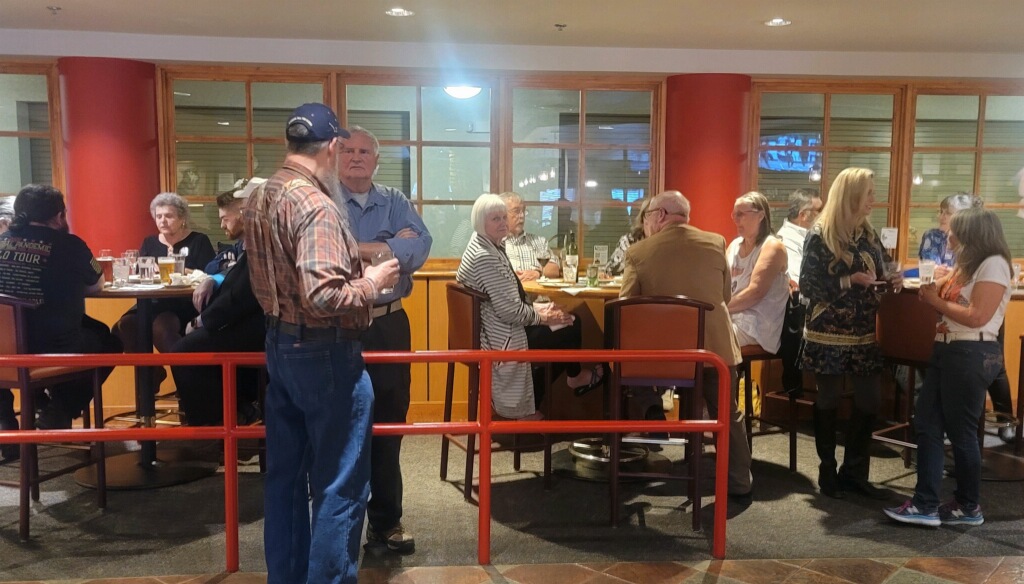The State of Alaska will defend Ballot Measure 2 in court on Monday. Ranked-choice voting and open primaries were passed by voters in November with BM2, and it’s now law, unless overturned by a court, the Legislature, or voters.
Bob Bird, chairman of the Alaska Independence Party, and Scott Kohlhaas, who ran as a Libertarian in 2020, sued on behalf of the minor parties, which they say are being harmed by the jungle primary scheme, because it removes parties from the Primary and leaves voters with mystifying choices in the General Election. With Republican Ken Jacobus as their attorney, the two filed a lawsuit in December, saying that Ballot Measure 2 harms individual rights to free political association because it takes parties out of the primary.
Ballot Measure 2 was the scheme of attorney Scott Kendall, who also is involved with the creation and legal defense of the Recall Dunleavy Committee. He is the former campaign manager for Sen. Lisa Murkowski and many political observers believe that BM2 was created to protect Murkowski from a Republican primary.
Under Kendall’s scheme passed by voters, all party candidates compete on the same ballot; the Republican Party doesn’t get to have its own ballot anymore.
The top four vote-getters advance to the General Election, where voters will rank their preferences, 1-4.
Votes are counted and reallocated to second and third choice candidates until one of the candidates gets a majority. It’s a complicated scheme that requires computer counting and is nearly impossible to audit by hand counting.
The lawsuit claims the scheme violates federal and state constitutions relating to political association and free speech. It’s a tough argument: While no other state has both jungle primaries and ranked choice voting, California has jungle primaries, while Maine has ranked choice voting.
Ranked choice voting was what led to the catastrophe in the New York City mayoral race this month, but the mistake was caught and corrected. The confusion has cast suspicion, however, as to the integrity of the election system in New York City and whether ranked-choice voting is all its cracked up to be.
The Alaska litigants are also concerned that any candidate can now put whatever party affiliation they want next to their name. A Democrat or Socialist could say he is a Republican, for instance, and the ballot would have to show that. With no party primaries, the political parties lost control over who gets to represent their political organization, which is an aspect of the constitutional argument of being able to associate as a political group and advance candidates under a political platform.
The Republican Party looked at the lawsuit and considered filing one itself, but in the end did not do so and did not join the lawsuit from the Alaskan Independence Party and Libertarian Party.
One of the arguments of the litigants is that ranked-choice voting makes voters less able to make a good decision because they have no idea which candidates might be eliminated and they might have voted differently if they had known that one candidate or another had been advanced or dropped through the reallocation of votes.
Republican leaders gathering in Fairbanks this weekend at their State Central Committee quarterly meeting expressed concern over Ballot Measure 2, but many thought the best way to proceed is with a ballot initiative to reverse it. That would take millions of dollars, just as it did for Kendall, who used dark money from Outside Alaska, with his Alaskans for Better Elections group that created the voting scheme.
Representing Bird and Kohlhaas is fellow plaintiff Ken Jacobus. The state will be represented by Assistant Attorney General Margaret Paton-Walsh, and intervenors on behalf of the Ballot Measure 2 side is Kendall, former Attorney General Jahna Lindemuth, and Sam Gottstein. The case will be heard by Anchorage Superior Court Judge Gregory Miller.


